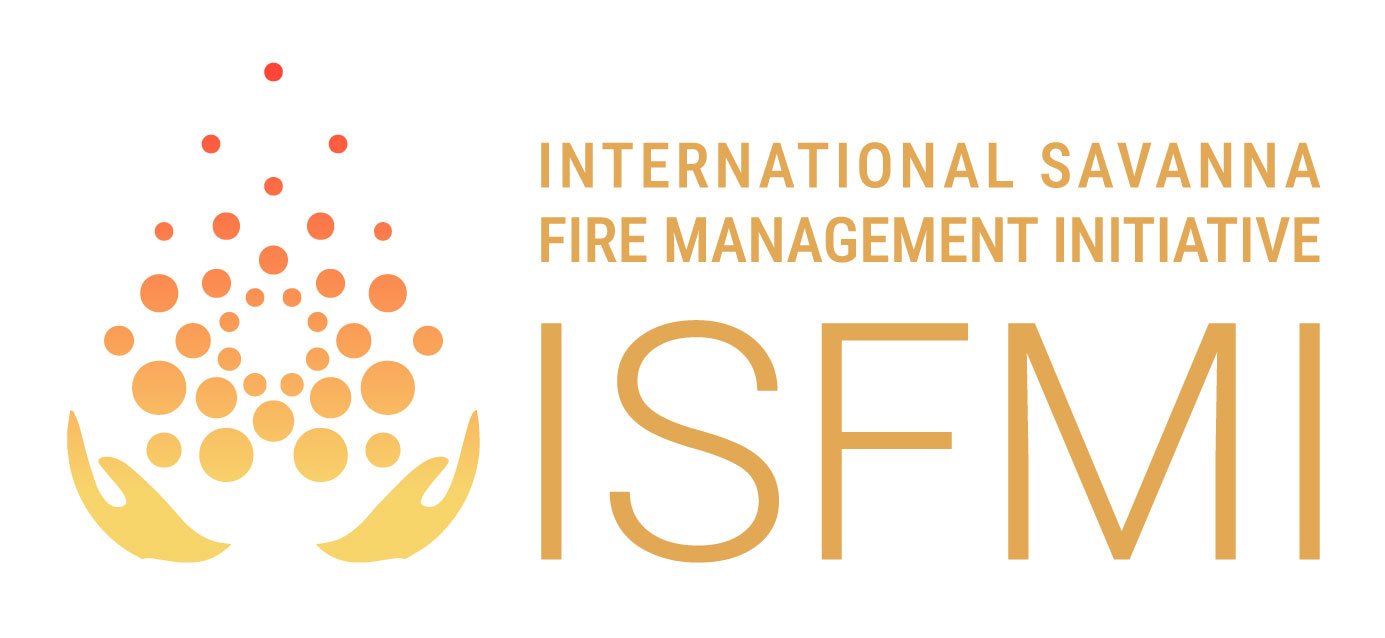Advance Guard – Climate Change Compendium
PUBLICATION DATA: ISBN-10: 978-0-9807084-5-5 LANGUAGE: English PAGES: 125 PUBLISHED: October 2010
Advance Guard – Climate Change Compendium by Kirsty Galloway McLean.
This compendium presents a wide-ranging overview of more than 400 projects, case studies and research activities specifically related to climate change and Indigenous Peoples. It provides a sketch of the climate and environmental changes, local observations and impacts being felt by communities in different regions, and outlines various adaptation and mitigation strategies that are currently being implemented by Indigenous Peoples – the world’s “advance guard” of climate change – as they use their traditional knowledge and survival skills to trial adaptive responses to change.
Local observations of direct effects of climate change by Indigenous Peoples corroborate scientific predictions, and include temperature and precipitation changes; coastal erosion; permafrost degradation; changes in wildlife, pest and vector-borne disease distribution; sea-level rise; increasing soil erosion, avalanches and landslides; more frequent extreme weather events, such as intense storms; changing weather patterns, including increasing aridity and drought, fire and flood patterns; and increased melting of sea-ice and ice-capped mountains.
Specific vulnerabilities and early effects being reported by Indigenous Peoples include cultural and spiritual impacts; demographic changes, including displacement from their traditional lands and territories; economic impacts and loss of livelihoods; land and natural resource degradation; impacts on food security and food sovereignty; health issues; water shortages; and loss of traditional knowledge. Impacts are felt across all sectors, including agriculture and food security; biodiversity and natural ecosystems; animal husbandry (particularly pastoralist lifestyles); housing, infrastructure and human settlements; forests; transport; energy consumption and production; and human rights.
In spite of these impacts, Indigenous Peoples also have a variety of successful adaptive and mitigation strategies to share. The majority of these are based in some way on their traditional ecological knowledge, whether they involve modifying existing practices or restructuring their relationships with the environment. Their strategies include application and modification of traditional knowledge; shifting resource bases; altering land use and settlement patterns; blending of traditional knowledge and modern technologies; fire management practices; changes in hunting and gathering periods and crop diversification; management of ecosystem services; awareness raising and education, including use of multimedia and social networks; and policy, planning and strategy development.
This report incorporates material from different disciplines and covers a diversity of approaches to data collection and project reporting drawn from the literature. Whilst the compendium of projects and case studies does not claim to provide an exhaustive list of ongoing activities related to climate change and Indigenous Peoples, it does contain a representative and illustrative survey of current effects and adaptive responses. It is hoped that this review provides an insight into the ecological and cultural complexity of sustainable development issues surrounding climate change and Indigenous Peoples, and highlights instances that may be useful in providing guidance for future policy development.
Acknowledgements
Preparation and publication of this book was generously supported by The Christensen Fund
and the Northern Territory Government.
Reference
Galloway McLean, Kirsty (2010). Advance Guard: Climate Change Impacts, Adaptation, Mitigation and Indigenous Peoples – A Compendium of Case Studies. United Nations University – Traditional Knowledge Initiative, Darwin, Australia. ISBN: 978-0-9807084-4-8 (print); 978-0-9807084-5-5 (pdf). Copyright (c) 2010 UNU-IAS
